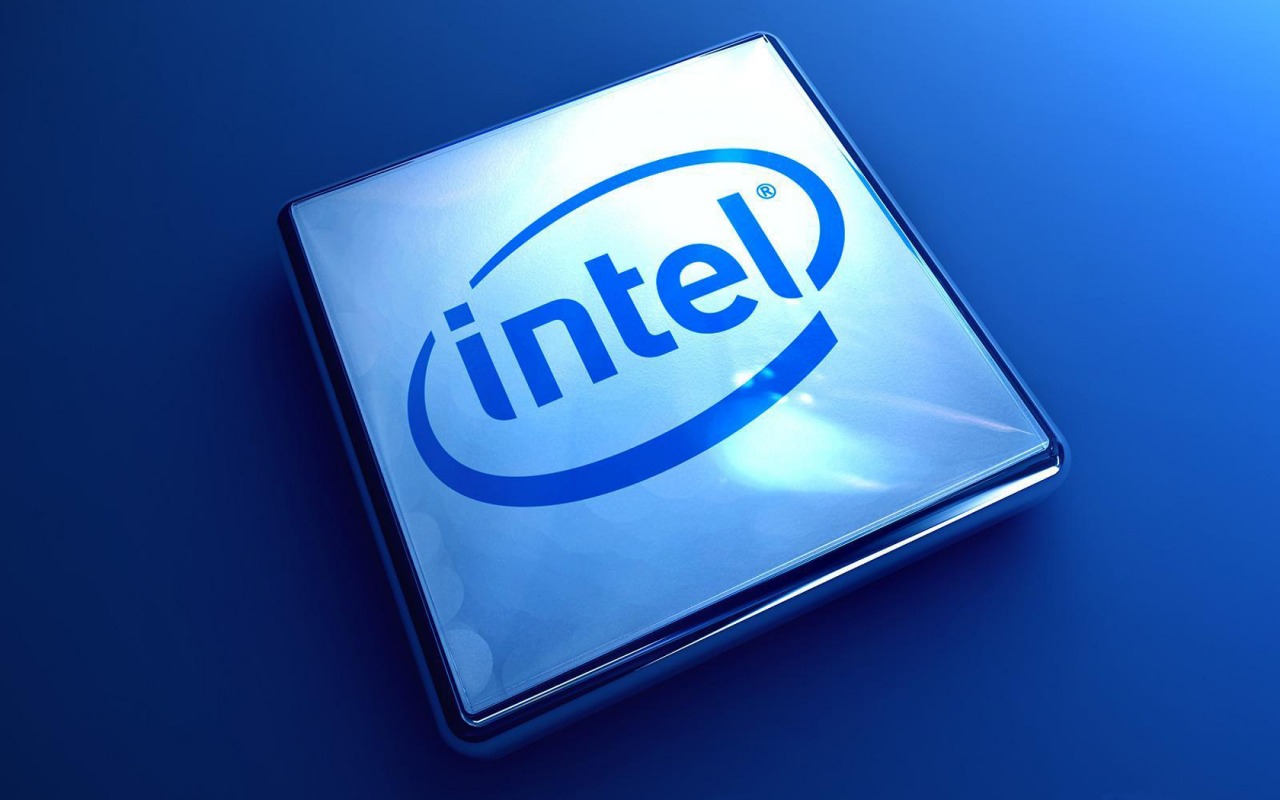Intel, world’s second largest semiconductor chip manufacturer, sold its smartphone modem chip business to Apple earlier this year. In a court filing, the company said that it had to sell the business at “a multi-billion dollar loss” and has blamed Qualcomm for it.
The US-based chipset maker is alleging that its rival Qualcomm forced it out of the market. This comes as Qualcomm is seeking to overturn an antitrust decision against it after the company lost a lawsuit by the U.S. Federal Trade Commission. Intel is arguing that the ruling should stand.
Intel was Qualcomm’s chief rival in modem chips and sold components to Apple for the iPhone lineup. But after Apple settled a major legal battle with Qualcomm in May this year, it also signed a chip supply agreement. Hours after that announcement, Intel announced that it would sell its modem chip business and a few weeks later, Apple acquired it for $1 billion.
Intel says that it was forced out of the market because of Qualcomm’s patent licensing practices and supported the FTC’s case against Qualcomm. Steven R. Rodgers, Intel’s general counsel, says:
“We invested billions, hired thousands, acquired two companies and built innovative world-class products that eventually made their way into Apple’s industry-leading iPhones, including the most recently released iPhone 11. But when all was said and done, Intel could not overcome the artificial and insurmountable barriers to fair competition created by Qualcomm’s scheme and was forced to exit the market this year.”
Earlier, in a judgment against Qualcomm, the court said that Qualcomm’s patent licensing practices “strangled competition” in parts of the market for modem chips that connect smartphones to mobile data networks. The company was also ordered to renegotiate licensing agreements at reasonable prices.
On the other hand, Qualcomm has denied the FTC’s accusations as well as some other parts and also urged the appeals court to pause enforcement of the FTC ruling against the company. It appealed the ruling and won a pause in enforcement while the appeal unfolds. Now, appeal proceedings are expected to begin in January next year.
The Tech Portal is published by Blue Box Media Private Limited. Our investors have no influence over our reporting. Read our full Ownership and Funding Disclosure →





